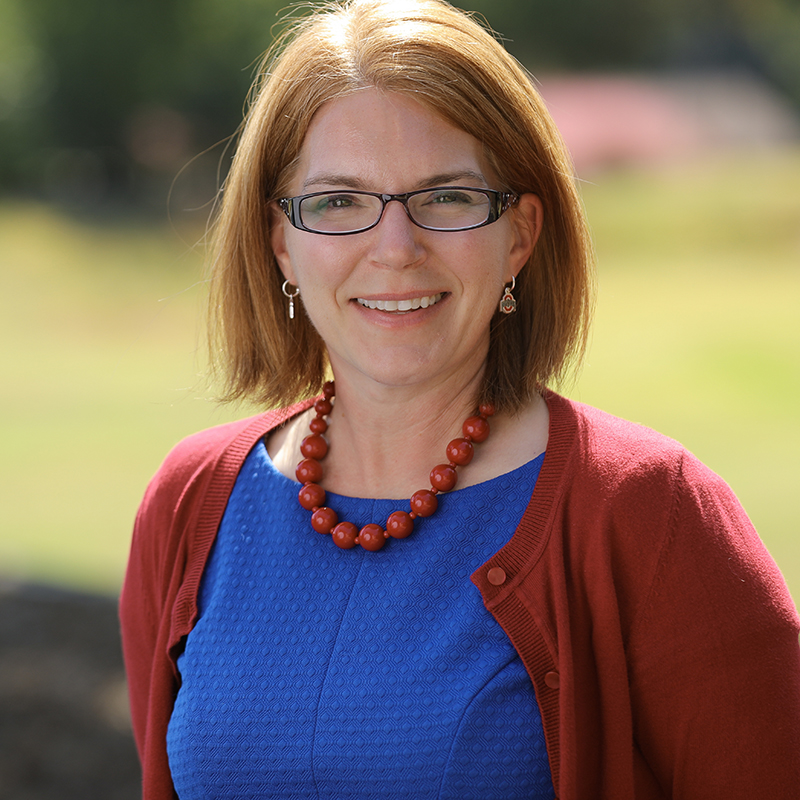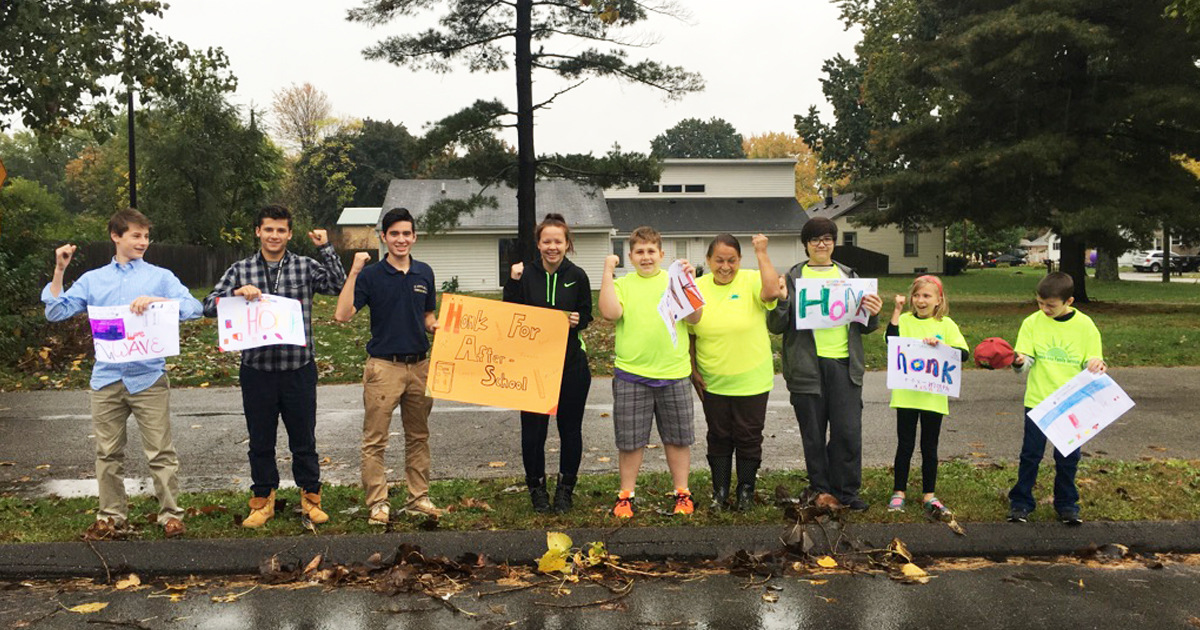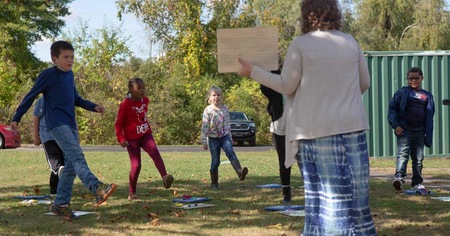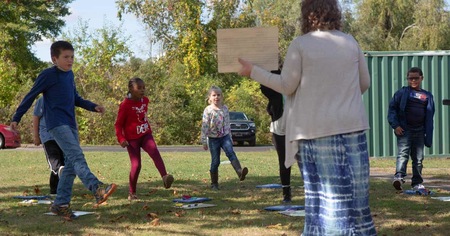As I prepared to celebrate with my organization here in Ohio, I started thinking about how we articulate what "afterschool" truly is.
It's not school.
It's not home.
It's this unusual "third space"—a place where kids come to be with invested, dedicated, amazing adults. It's a place for youth to be supported and have physical and social-emotional needs met. It's a place that is safe. A place where informal learning is celebrated and where academics are reinforced. A place where youth can feel like they make a difference. It's a place that is often a home away from home.
How can you possibly summarize that? And then, how do you communicate to others your role as an Afterschool Professional in all of this?
"Demonstrative evidence." White House Budget Director Mick Mulvaney recently justified de-funding hundreds of 21st Century Community Learning Center (CCLC) afterschool programs because, as he claims, there's no demonstrative evidence that the programs are effective. To be clear, he's not saying that there isn't enough money; he's saying afterschool programs are not worth the money.
Those who have been in our field for any time know—and 15 years of research is going to back us up—that afterschool helps kids succeed.
But Mulvaney doesn't understand this. And unfortunately, he's not the only one. Parents, school administrators, community decision makers, legislators and sometimes our own staff don't really understand the world of afterschool, the scope of our work and the long-lasting impact we have.
That people don't understand really shouldn't be such a surprise. After all, our programs operate on the periphery of the day, behind locked doors, where our youth are safely tucked away from potential danger—but also away from the curious public eye and those who might want to know more. Also, afterschool professionals tend to be insanely modest, never taking credit for their amazing programs or outcomes. Maybe it is a lack of confidence about being able to articulate exact data about our programs that results in shying away from the spotlight.
Regardless of the reason, afterschool professionals and their programs deserve to be recognized, celebrated and respected for the impact they have.
However, the only way the world will know what our programs are is if we tell them.
To accomplish that, we've got some work to do. It's a big task, yet I believe together we can make a difference. But it will take many hands to make light work, and your help is needed.
Here are three things you can start today to increase the understanding and awareness of the impact of our field.
1. If you're not already, get connected with your National Afterschool Affiliate organization. Read the monthly newsletter. Follow them on social media. Attend meetings and networking opportunities. Your affiliate organization is your eyes and ears on policy and legislation that will impact you and your program. They closely follow it and will ask for action when necessary. When they do ask, be ready to help.
2. Engage your community in conversations about the afterschool field. Reserve a part of your staff meeting to talk about industry issues, so your staff understand topics that affect them directly and indirectly. Have an elevator speech ready for your mayor, should you meet him or her in the community. Think about your response to parents who mistake your work for simple supervision. Plan for these inevitable conversations and be prepared to be an effective communicator.
3. Commit to hosting a legislative site visit. Chances are good that your Affiliate organization is already encouraging you to do this. If you're unsure of first steps, ask. And don't be nervous. Legislators don't know what you do, and you're the expert, so don't be shy about sharing your achievements!
Just remember: No one has to do everything, but everyone has to do something. It's time to let the world know about the amazing world of afterschool. I'm proud of you—it's time to allow others the chance to be proud of you, too.

Nichelle Harris is the Director of the Ohio Afterschool Network, and an expert on the value of afterschool and summer learning. Her 30 years in the field include serving as a volunteer, community partner, summer camp counselor, program assistant, team leader, coordinator and director in afterschool and summer learning programs all around Central Ohio. Her programs have positively impacted hundreds of kids, and she delights in getting hugs from them and updates on their lives when she randomly bumps into them in the grocery store.




